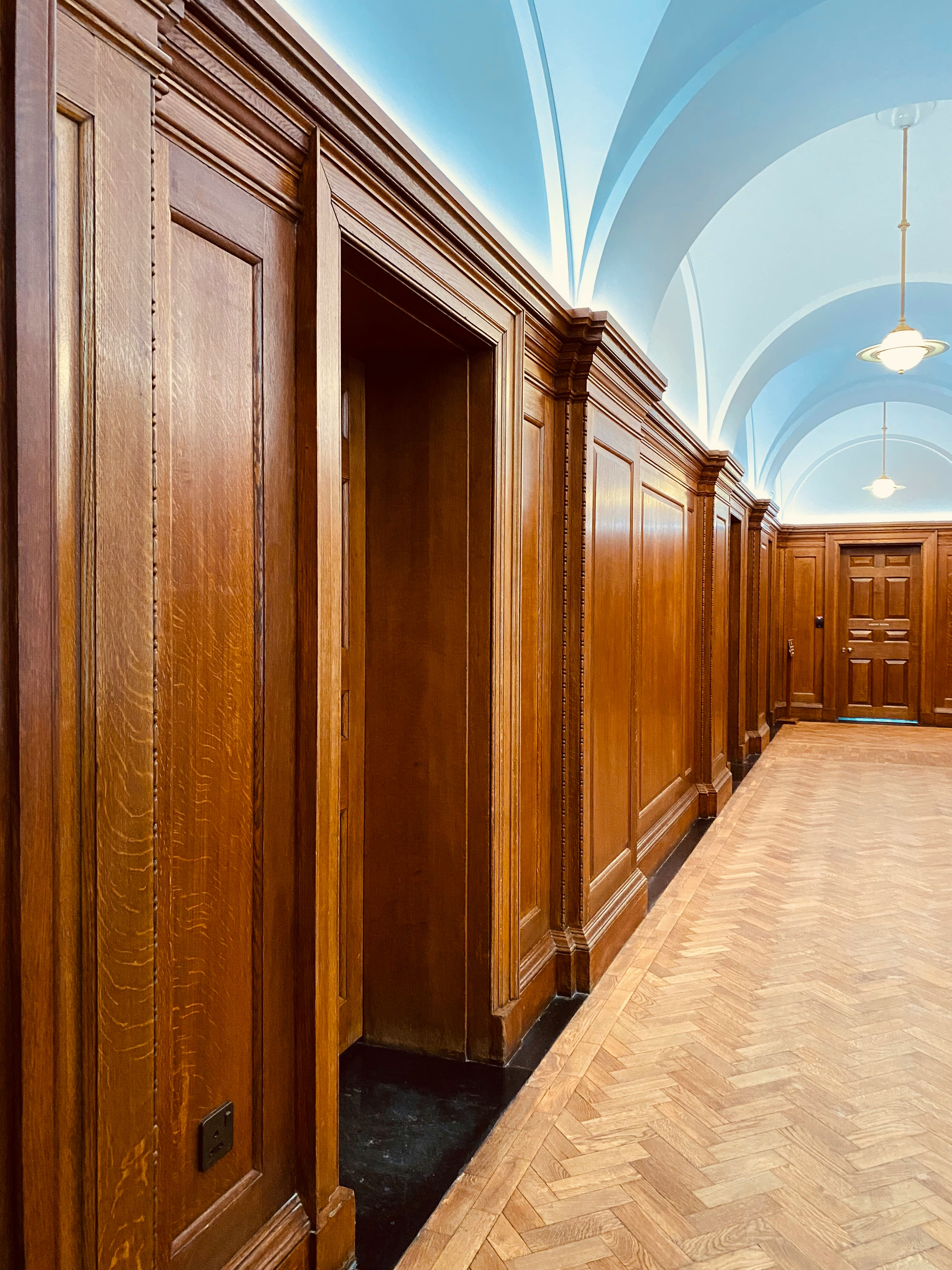To be judged by a group of your peers, or a jury, is an important and fundamental right of the Australian criminal justice system, seen as “the community’s guarantee of sound administration of criminal justice” (Brown v R [1986] HCA 11). But being placed on a panel of potential jurors does not guarantee that you will be a part of the jury. In the process of empanelling of a jury, both the prosecution and the defence have the right to challenge jurors and have them removed from the prospective jury before they are sworn in. Lawyers on either side of the bar table have the right to two types of challenges: peremptory challenges and challenges for cause. The number of challenges a lawyer has is dependent on state jurisdiction.
What is a Peremptory Challenge?
A peremptory challenge allows either the prosecution or defence to challenge a juror without providing a reason. Once challenged, the juror is dismissed from serving the jury in that trial. This right helps ensure the impartiality of the jury and protects the accused’s right to a fair trial. Peremptory challenges have a long-standing history in common law, with its use dating back as early as the fifteenth century (Theodoropoulos v R [2015] VSCA 364 at [29] referring to the writings of Fortescue). Common law has continued to protect the use of peremptory challenges into the contemporary era, suggesting it is a ‘personal’ and ‘irrevocable’ right of the accused (Johns v R (1979) 141 CLR 209, 430 (Stephen J).
While different jurisdictions in Australia share the core principle and history of peremptory challenges, the process varies from state to state. In NSW, jurors are called up to the jury box and identified by a number alone to preserve their anonymity. There is no provision for the jurors’ name, address or occupation to be told to the court room unlike in Victoria. The statutory position of not identifying jurors by name and occupation was upheld in R v Ronen [2004] NSWSC 1292. Peremptory challenges in NSW are hence to be ‘exercised on appearance alone’ and must occur before the juror is sworn in (Theodoropoulos v R). The Crown and the defence have the right to three peremptory challenges each (s42 Jury Act 1977 (NSW)). Similarly, in Western Australia jurors are called up by number rather than name and the Crown and defence are both entitled to 3 peremptory challenges which must be made before the oath or affirmation is taken. In the ACT, both prosecution and defence are entitled to 8 peremptory challenges (s34 Jury Act 1967 (ACT)). These must be made before the juror has entered the jury box to be sworn in.
While the process of when a challenge must be made and how many challenges can be made varies based on jurisdiction, the fundamental principle of peremptory challenges remains, in that the accused has the chance to view a juror and challenge their presence without cause.
What is a Challenge for Cause?
A challenge for cause differs from peremptory challenges in that the challenging party must provide a specific reason for the exclusion of a juror. Relevant challenges for cause include ineligibility, a lack of impartiality, or prior knowledge of the case. For example, a juror may be removed if they served on the jury of a co-accused’s case or if they are familiar with case due to media coverage and notoriety. In Australia, all jurisdictions have unlimited challenges for cause, however, in practice they are used infrequently.
Challenges for cause require the party raising the challenge to provide evidence to support their claim (Bush v r (1993) A Crim R 614; Murphy v The Queen (1989) 167 CLR 94 [103-14]. This proves difficult due to jury anonymisation and the limited time parties have to make a challenge. Ultimately, the presiding judge will determine if a challenge will be successful on the balance of probabilities, and if so, the juror will be dismissed from the jury panel.
Jury selection is a critical component of the criminal justice process, and challenges during the empanelment process assist the system’s integrity. Through the use of peremptory challenges and challenges for cause, parties to a criminal trial play an active role in ensuring procedural fairness and jury impartiality.
Should you or someone you know be charged with an offence, it is essential you receive legal advice from an experienced criminal defence lawyer at any early stage. To discuss your options, call Hugo Law Group in Sydney, NSW (02 9696 1361), Canberra (02 5104 9640), Perth (08 6255 6909) to make an appointment to speak to one of our lawyers.
Ella Johnston
Hugo Law Group
Canberra
